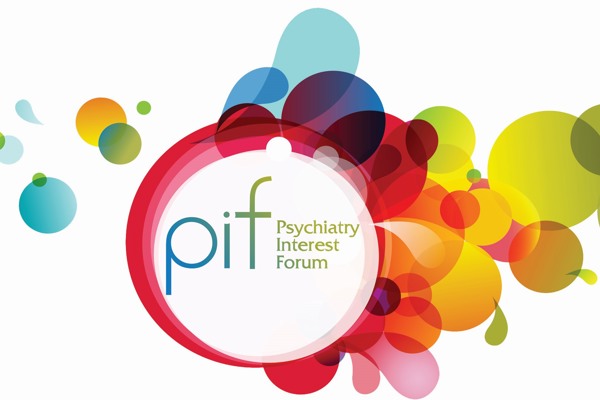Improving the lives of those impacted by ADHD
21 Sep 2021
- Day in the life
Ever wondered what it's like to be a psychiatrist? This series explores a day in the life of psychiatrists who work in different areas of psychiatry
In this article, we hear from psychiatrist Dr Roger Paterson about working with people with Attention Deficit Hyperactivity Disorder (ADHD).
A Day in the Life of a Psychiatrist – ADHD
On behalf of the RANZCP’s Attention Deficit Hyperactivity Disorder Network, I would like to highlight the great job satisfaction that can be gained by subspecialising in child or adult psychiatry, by taking further interest in ADHD.
ADHD and psychiatry
ADHD is a treatable condition, with medication as the mainstay of treatment, followed up by a lot of psychoeducational import. Treatment mostly occurs within the private sector and can be a very important part of private practice.
What engages psychiatrists very often is not only treating the ADHD but also comorbid conditions which are very common with ADHD, e.g. anxiety and depression.
ADHD is a classic condition where medically-trained and psychologically-minded specialists can have a very important role, understanding the neurological basis of ADHD and having an awareness of how that may impact on school or work and social functioning.
What does my typical workday look like?
ADHD management is typically outpatient work, rarely requiring inpatient duties. Prior to COVID-19, patients would see me in an orderly manner, scheduled for 15-20 minute appointments as follow-ups after their initial 1-hour consultation.
Post-COVID, most patients are reviewed via telehealth through smartphone videoconferencing apps such as FaceTime or Google Duo. Patients appreciate the logistical convenience, and I’ve become used to connecting electronically, even appreciating the many home/workplace 'visits' that I do, gaining new insights.
I focus mostly on medication fine-tuning, and assessing comorbidities, often also prescribing antidepressants when needed. Many patients are referred on to psychologists/coaches for supplementary therapy.
You can work part-time or full-time in this capacity, and appointments can be juggled to get a good work/life balance. As this is an emerging area of psychiatric practice, I often have peer review meetings with colleagues, and am also involved in community support groups in a voluntary capacity, which is very rewarding. Research opportunities are plentiful, and in fact I have dabbled in this area long enough to have now been made an honorary research associate at the University of Western Australia.
How can students or doctors gain more exposure to patients with ADHD?
I would commend students and young doctors to take an interest in this area, either by detecting and referring on if doing general medical work, or by actively seeking out these patients for your specialist psychiatric practice.

Become a Psychiatry Interest Forum (PIF) member to gain access to information and events to learn more about psychiatry.
About the author

Dr Roger Paterson
Dr Paterson (MBBS, FRCPsych, FRANZCP, Certificate child psychiatry) graduated in medicine from the University of WA, and subsequently trained in child and adult psychiatry in London and Perth. After 7 years of a mixed public/private practice, he moved to full-time private practice in 1996 with special interests in eating disorders and ADHD.
His ADHD activities include clinical, educational, research and Board membership of both the Australian ADHD Professionals Association and his local community support group, ADHD WA. He is also a foundation Committee member of the RANZCP ADHD Network.
Dr Paterson (MBBS, FRCPsych, FRANZCP, Certificate child psychiatry) graduated in medicine from the University of WA, and subsequently trained in child and adult psychiatry in London and Perth. After 7 years of a mixed public/private practice, he moved to full-time private practice in 1996 with special interests in eating disorders and ADHD.
His ADHD activities include clinical, educational, research and Board membership of both the Australian ADHD Professionals Association and his local community support group, ADHD WA. He is also a foundation Committee member of the RANZCP ADHD Network.
Disclaimer: Any patients mentioned in this article have been deidentified and created for the purposes of this article. This article may represent the views of the author and not necessarily the views of The Royal Australian and New Zealand College of Psychiatrists ('RANZCP'). By accessing the article you also agree to the RANZCP Website Terms of Use Agreement.
More news & views
The shift in the public discourse is clear: ADHD is now a mainstream health policy issue, and the me...
We’re proud to acknowledge the incredible achievements of RANZCP Fellows who have been recognised in...
 21 January 2026
21 January 2026
The RANZCP Rural Psychiatry Training Pathways team (RPTP) is proud to announce the appointment of Ru...